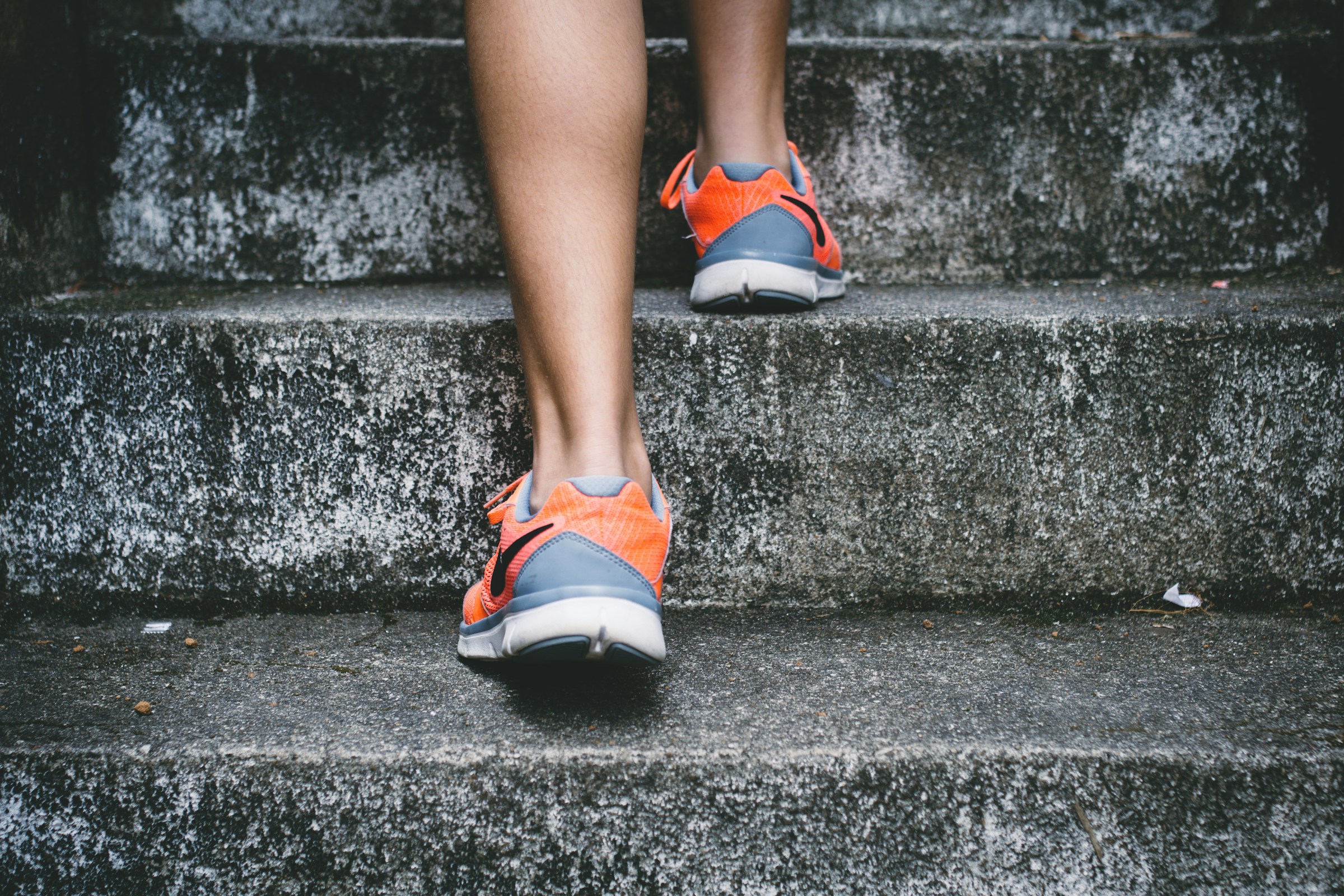
The Advantages of Frequent Exercise for Mental and Physical Wellness
Monday, July 22nd, 2024A good lifestyle is mostly based on regular exercise, which has several advantages for mental as well as physical health. Engaging in consistent physical activity can improve various aspects of health, prevent chronic diseases, and enhance quality of life.
While pursuing hobbies and interests is essential for personal fulfillment, it's crucial to balance these activities with proper care for your physical and mental health. Whether you enjoy playing online titles like cricket 100x game or have other pastimes, remember to engage in them consciously. Don't forget to rest adequately and make time for regular training to maintain a healthy equilibrium in your life.
Physical Health Benefits
-
Improved Cardiovascular Health
Regular exercise strengthens the heart and improves circulation. It helps cut cholesterol, regulate blood pressure, and lower the chance of developing heart disease. Activities like walking, running, cycling, and swimming are particularly beneficial for cardiovascular health.
-
Weight Management
Training is a key component of weight management. It speeds up your metabolism, increases muscular growth, and burns calories. Combining physical activity with a balanced diet is effective for losing weight and maintaining a healthy body weight.
-
Stronger Muscles and Bones
Strength training exercises, such as weightlifting and resistance training, help build and maintain muscle mass and bone density. This is crucial for preventing osteoporosis and maintaining mobility and independence as we age.
-
Enhanced Immune Function
Regular physical activity can strengthen the immune system, making it more efficient at warding off infections and illnesses. Moderate training promotes good circulation, which allows immune cells to move more effectively throughout the body.
-
Better Digestive Health
Exercise helps regulate digestion by promoting regular bowel movements and reducing the risk of constipation. Activities that engage the core muscles, such as yoga and Pilates, can be particularly beneficial for digestive health.
Mental Health Benefits
-
Reduced Stress and Anxiety
Exercise is a natural stress reliever. Physical activity increases the production of endorphins, which are chemicals in the brain that act as natural painkillers and mood elevators. Regular training can help reduce stress and anxiety levels, leading to a calmer and more balanced state of mind.
-
Improved Mood and Emotional Well-being
Engaging in regular physical activity can improve mood and overall emotional well-being. Exercise stimulates the release of neurotransmitters like serotonin and dopamine, which can alleviate symptoms of depression and enhance feelings of happiness and contentment.
-
Enhanced Cognitive Function
Exercise has been shown to improve cognitive function and protect against mental decline. Physical activity increases blood flow to the brain, promoting the growth of new brain cells and improving memory, concentration, and overall brain health.
-
Better Sleep
Regular training can improve the quality and duration of sleep. Physical activity helps regulate the body's internal clock, making it easier to fall asleep and stay asleep. However, it's important to avoid vigorous workouts close to bedtime, as it may have a stimulating effect.
-
Increased Energy Levels
Exercise boosts overall energy levels by improving cardiovascular health, increasing muscle strength, and enhancing endurance. Regular physical activity can help combat feelings of fatigue and increase overall vitality.

Tips for Incorporating Workouts into Daily Routines
-
Start Small
Start with modest, doable objectives if you're new to exercising or haven't been active in a while. Begin with short walks, light stretching, or simple strength exercises, and gradually increase the intensity and duration as your fitness level improves.
-
Find Activities You Enjoy
Choose practices that you find enjoyable and engaging. Whether it's dancing, hiking, playing a sport, or taking a yoga class, finding activities you love will make it easier to stay motivated and consistent.
-
Set Realistic Goals
Set achievable and realistic goals that fit your lifestyle and schedule. It is recommended to engage in moderate-to-intense aerobic activity for at least 150 minutes or 75 minutes of strenuous activity each week, in addition to performing muscle-strengthening activities on two or more days of the week.
-
Make Workouts a Social Activity
Incorporate social elements into your exercise routine by joining a fitness class, participating in group activities, or exercising with friends or family members. Social support can enhance motivation and make a workout more enjoyable.
-
Incorporate Physical Activity into Daily Tasks
Find opportunities to add physical activity to your daily routine. Take the stairs instead of the elevator, walk or bike to work, do household chores, or take short activity breaks during the day to stretch and move around.
-
Stay Consistent
Consistency is key to reaping the benefits of regular exercise. Create a schedule that works for you and stick to it. Remember that some activity is better than none, so even if you can only fit in a short workout, it's still beneficial.
Wrapping Up
Regular exercise is a powerful tool for improving both physical and mental health. By making physical activity a priority in your daily life, you can enjoy a wide range of benefits, from improved cardiovascular health and stronger muscles to reduced stress and enhanced cognitive function.
mental, physical, health, exercise

